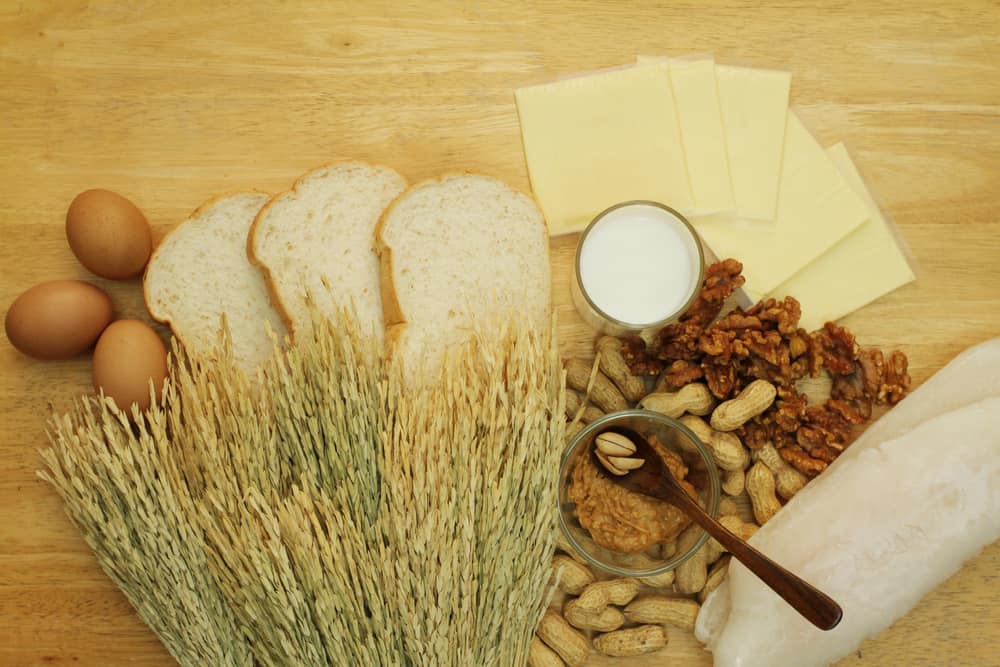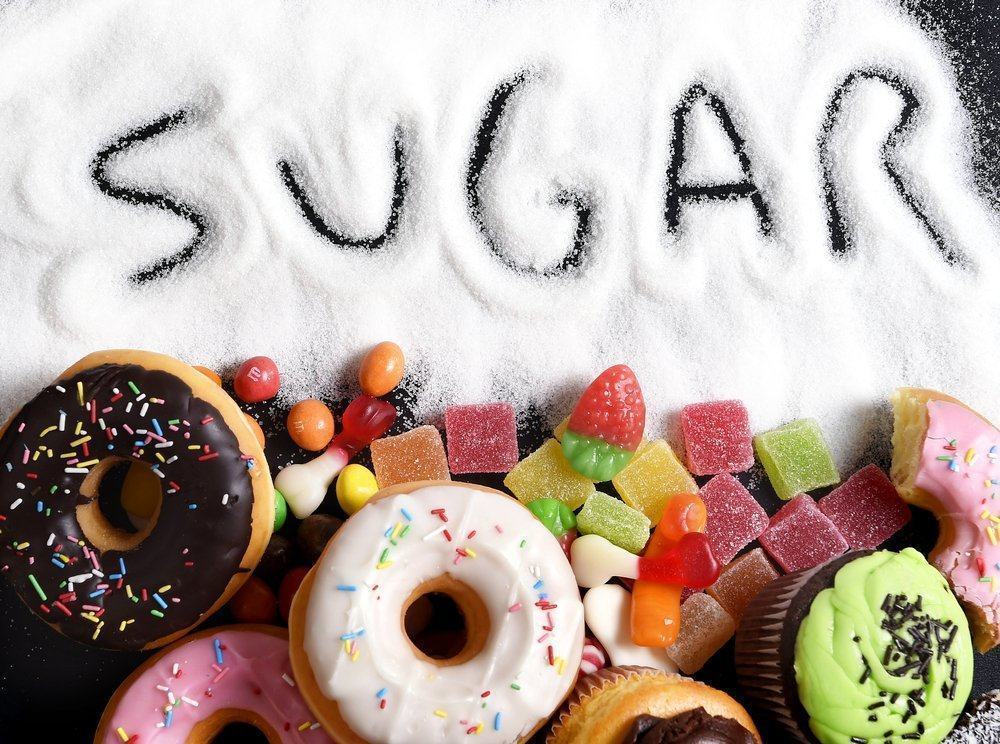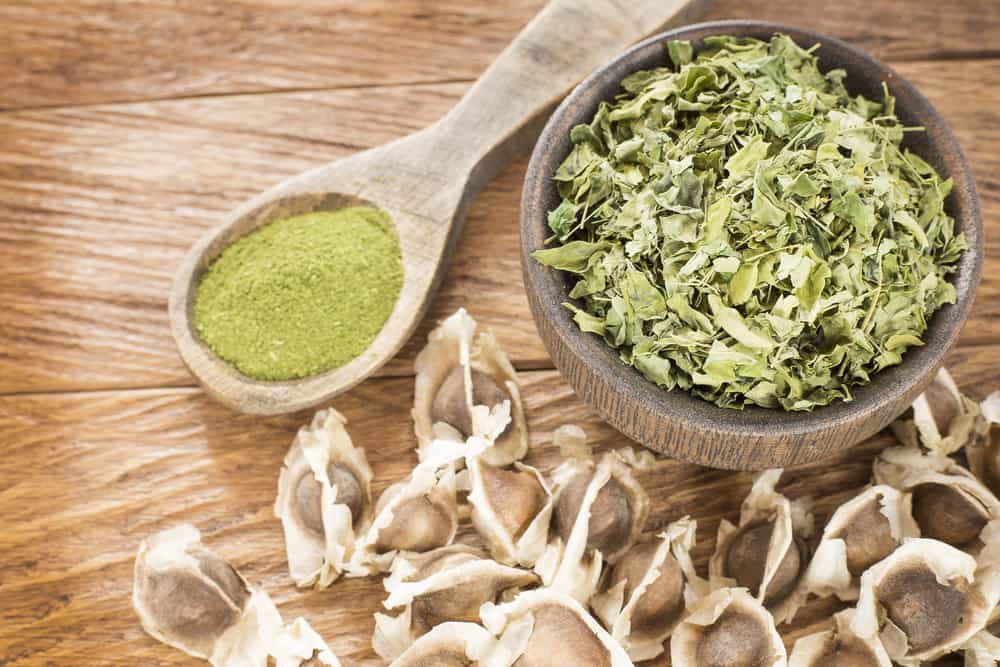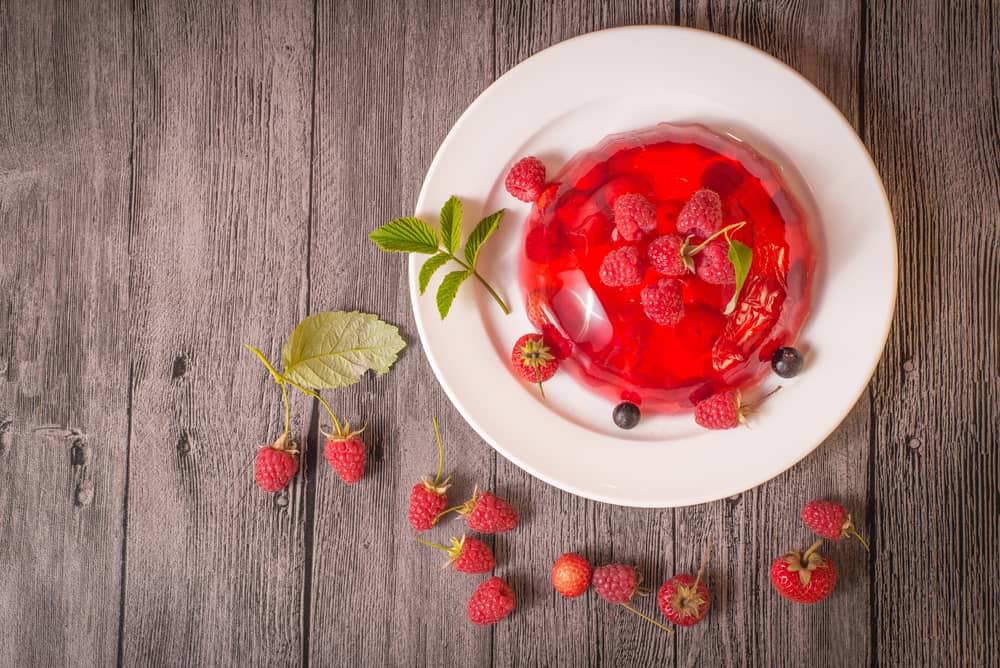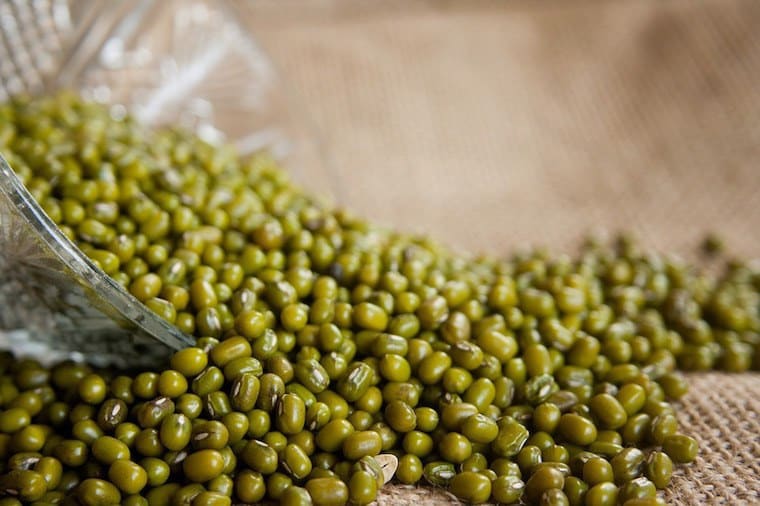Contents:
- Medical Video: Itchy Skin & Rashes | Urticaria | Avoid High Histamine Foods
- Overview of food intolerance
- The most common food intolerance
- 1. Milk and its products
- 2. Gluten
- 3. Histamine
- 4. Caffeine
- 5. Salicylates
- 6. Fructose
Medical Video: Itchy Skin & Rashes | Urticaria | Avoid High Histamine Foods
Apart from food allergies, some people can also experience intolerance. There are several substances in food and drink that most often cause intolerance reactions in the body. What are the substances and foods? See below for the most common food intolerance.
Overview of food intolerance
Food intolerance is a condition in which the body cannot digest certain substances from food or drink. This is not an immune or immune system response. But a chemical reaction between food substances that enter the body against digestive conditions. When a person has an intolerance to a substance in food or drink, symptoms can occur several hours after consumption, it can even appear 48 hours after consuming it.
The most common food intolerance
1. Milk and its products
In most people, milk and milk products can cause intolerance reactions. Included in dairy products are cheese, butter, ice cream, and yogurt. Symptoms that arise are:
- Stomach pain
- Bloated
- Diarrhea
- Stomach upset
- Nausea
There are two things that can cause some people to experience intolerance to milk or their products:
Lactose
Milk contains lactose, which is a type of disaccharide carbohydrate. Well, this carbohydrate must be broken down into a simpler form so that it can be absorbed by the body. This solution requires an enzyme called lactase from the body. However, some people lack lactase enzymes so they are unable to digest lactose that enters the body.
Casein
Basically, dairy products also contain casein type proteins. This casein may be difficult to digest for some people to cause inflammation or swelling in the digestive system.
2. Gluten
Gluten is a type of protein contained in grains such as wheat and barley. From grains that contain gluten, wheat is the most consumed. Some conditions are related to gluten, namely Celiac disease, and non-celiac gluten sensitivity.
Reported from Medical News page, the sensitivity of non-celiac gluten occurs when you do not show a positive test result for Celiac disease but reacts negatively with gluten in his body. It is not known how this can happen, but people with conditions like this will show symptoms of intolerance such as diarrhea, abdominal pain, feeling tired, bloated, and depressed.
Foods that contain gluten include wheat flour, barley, bread, cereals, pasta, processed cakes from wheat flour, and beer.
3. Histamine
Normally, histamine will be easily metabolized and produced by the body. Histamine is a chemical in the body that plays a role in the immune system, digestion and nervous system.
However, some people cannot destroy histamine properly. The most common reason why people experience histamine intolerance is the disruption of the function of the enzyme which is responsible for breaking down histamine, namely diamin oxidase and N-methytransferase. Histamine cannot be processed properly and performs its normal functions.
People with intolerance to histamine should avoid foods high in natural chemicals such as:
- Fermented foods or drinks
- Dried fruit
- Sour fruit
- Avocado
- Vinegar
- Smoked fish
Symptoms that will arise in histamine intolerance are:
- Headache
- Itchy
- Restless
- Abdominal cramps
- Diarrhea
- Low blood pressure
4. Caffeine
Caffeine is a bitter chemical found in various kinds of drinks, namely coffee, soda, tea and energy drinks, and in chocolate. Most adults can consume 400 milligrams of caffeine, equivalent to about 4 cups of coffee a day.
However, in some people, they are very sensitive to the presence of caffeine even though the amount is very small.
People who have too high sensitivity to caffeine are usually caused by a genetic condition and a decrease in metabolic ability and caffeine. So when caffeine enters the body, no matter how small the amount is, it will still cause symptoms of intolerance, namely:
- The heartbeat gets faster
- Nervous
- Restless
- Insomnia
5. Salicylates
Salicylate is a natural chemical that is produced by plants as a protection from environmental conditions such as insects or diseases. These chemicals are found in various types of food ingredients including fruits, vegetables, tea, coffee, spices, nuts, and honey. Apart from being present in food ingredients naturally, salicylates also exist are food preservatives and also in medicine.
Most people do not have a problem consuming normal amounts of salicylate in food. However, some people are very sensitive to the slightest amount of salicylates and may experience:
- Nasal congestion
- Sinus infection
- Inflammation of the intestine
- Asthma
- Diarrhea
Removing salicylate from food is very difficult, so people who experience salicylic intolerance should avoid foods high in salicylates such as spices, coffee, raisins, and oranges. Similarly, drugs containing salicylate.
6. Fructose
Fructose is a type of simple sugar found in fruits and vegetables, sweeteners, and corn syrup. In people with fructose intolerance, fructose cannot be absorbed efficiently into the blood. As a result, the unabsorbed fructose accumulates to accumulate in the large intestine, this fructose will be fermented by intestinal bacteria and cause digestive disorders. There are also symptoms that arise are:
- Stomach upset
- Diarrhea
- Nausea and vomiting
- Stomach ache
- Bloated

